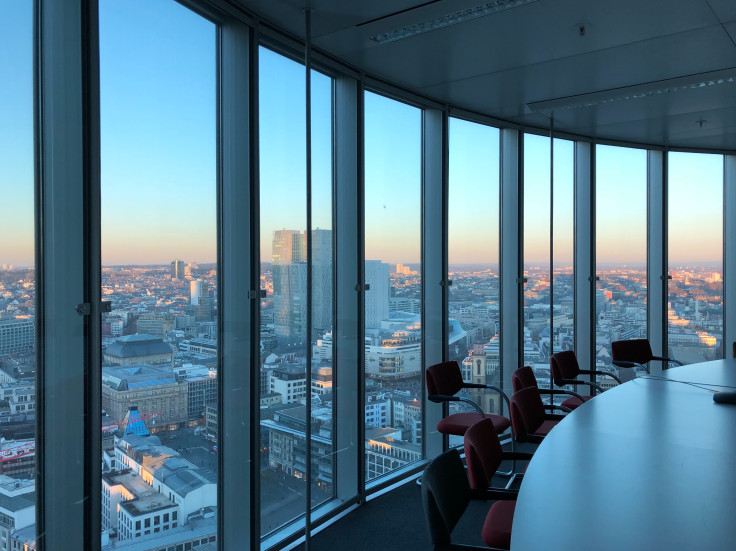Workplace stress is on the rise in 2023 as professionals feel unsupported by their employers
Professionals have reported a decline in their mental health due to workplace-related stress and feel let down by their employers, as found in research conducted by a recruitment firm, Robert Walters.

Workplace stress has been found to be on the increase as three in five professionals reported a decline in their mental health and 55 per cent also felt that employers are not doing enough to combat this.
Research from leading recruitment consultancy firm Robert Walters found from a poll of 2,000 that 60 per cent of professionals stated that they were suffering from some workplace-related stress this year. Job stability was expressed to be the main stress trigger for 46 per cent of employees.
In the poll, the workers were also asked how frequently they felt this way. The results showed that 33 per cent of workers said they "very often" felt this way, 27 per cent said they "somewhat often" felt this way, 31 per cent identified it as "happening sometimes" and nine per cent stated they did not experience any form of "recurring stress" (stress symptoms experienced more than 3 times for over a seven day period at a time) at work this year.
The research also considered the causes of workplace stress and identified that 23 per cent of professionals felt pressure from management,19 per cent cited a lack of pay rise and 13 per cent were struggling because of an excessive workload. Other elements that gave rise to stress in the workplace related to working long hours, the pressure of tight deadlines, vague job expectations, work insecurities and conflicts with co-workers or supervisors.
It was also noted that a failure to deal with workplace stress could escalate employee burnout, cause truancy and lead to a decline in productivity levels.
So who should be responsible for managing workplace stress?
According to the poll, 45 per cent of professionals expressed that the responsibility lay with HR and senior leaders, with 34 per cent saying line managers and only 18 per cent thought that the individual was responsible.
Chris Poole, Managing Director of Robert Walters stated that although workplace stress is created by everyone in a business, it is the responsibility of "senior leaders & HR to set the tone for how it is handled".
He also said: "Simple interventions such as making sure workloads are manageable, setting realistic deadlines and making sure employees have access to support, safe spaces and relevant resources – can all help to alleviate pressure in the workplace as well as professionals' day-to-day work life."
However, over half of the professionals surveyed expressed that employers were just not doing enough. Only less than 20 per cent felt employers were doing enough and a further 27 per cent acknowledged that some efforts had been made, but were still lacking. Also, 51 per cent of employees found their company's output to be high, but almost a quarter noted it to be of low quality.
Additionally, UK employers are found to be spending millions on wellness initiatives each year with an increase of 20 per cent since the pandemic. Robert Walter's MD, Chris Poole, further commented: "UK Employers spend an estimated £100-200 per employee on wellness initiatives & benefits every year – but our survey indicates they may only be applying a band-aid."
He also noted that a balance must be struck by employers "between not breaking the banks or piling pressure onto managers to solve workplace stress but still being proactive and listening to the needs of their employees".
Furthermore, the American Psychological Association recommended strategies to cope with workplace stress. Some of the measures that could be taken for managing stress include:
- Tracking your stressors. By recording in a journal your thoughts and feelings about the situations that caused you the most stress, you can identify patterns of what your stressors are and your subsequent reactions.
- Establish boundaries. Living in a digital world may create pressure for you to be available 24 hours a day. Create clear boundaries between work and life by making rules such as switching the phone off at dinner and not checking work emails.
- Take time to recharge. If you have any days off or holidays, use them to recover from your stress by relaxing and engaging in non-work activities.
- Talk to your supervisor. Employee health and work productivity are inextricably linked and make your employer responsible for creating a work environment that encourages employee well-being.
Other measures include developing healthy responses, learning how to relax as well as getting the support you need.
© Copyright IBTimes 2024. All rights reserved.





